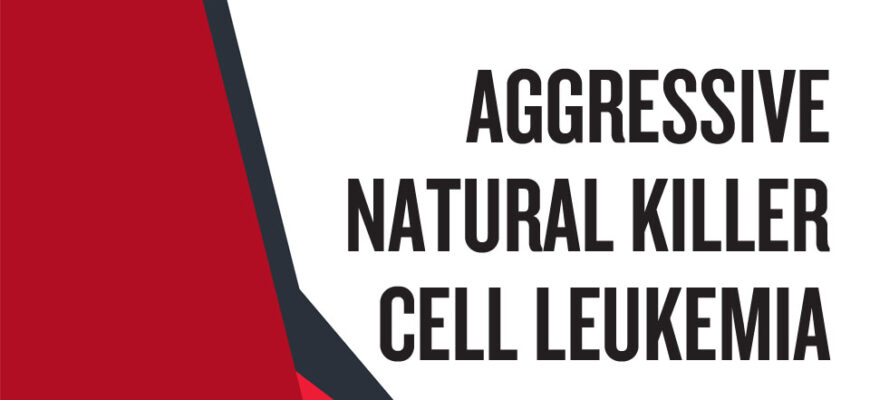A natural compound once known mainly for its role in cellular signaling may hold the key to a more effective and humane treatment for one of the most challenging forms of blood cancer.
The Relentless Foe: KMT2A-r Acute Myeloid Leukemia
Acute myeloid leukemia (AML) stands as one of the most formidable adversaries in the realm of cancer. Among its many aggressive subtypes, AML with KMT2A gene rearrangement (KMT2A-r AML) is particularly notorious for its rapid progression and often poor prognosis. For patients and clinicians alike, the search for more effective and less debilitating treatment strategies is a continuous, urgent quest. Traditional chemotherapy, while vital, often comes with severe side effects and faces the persistent challenge of drug resistance, leaving many with limited options.
Nature`s Unsung Hero: Enter Forskolin
In a promising new development, researchers have turned their attention to an unexpected candidate: Forskolin. This naturally occurring compound, traditionally extracted from the Indian coleus plant (*Coleus forskohlii*), has long been recognized for its role in cellular signaling pathways. Now, a recent study published in the *British Journal of Pharmacology* has shed light on Forskolin`s remarkable, dual-action potential in the fight against KMT2A-r AML, offering a glimmer of hope where it is desperately needed. It appears nature, in its subtle wisdom, might just hold keys to some of our most complex medical puzzles.
The Direct Assault: Shutting Down Cancer`s Engines
The first facet of Forskolin`s prowess involves a direct offensive against leukemia cells. Scientists discovered that this compound actively inhibits the growth of these aggressive cancer cells. How? By orchestrating a cellular coup:
- Activating PP2A: Forskolin significantly boosts the activity of the enzyme Protein Phosphatase 2A (PP2A). PP2A acts as a crucial tumor suppressor, a kind of cellular “brake” that can halt uncontrolled cell division.
- Silencing Oncogenes: Simultaneously, Forskolin throws a wrench into the machinery of several key oncogenes – namely MYC, HOXA9, and HOXA10. These genes are typically overactive in leukemia, acting as accelerators that drive the rapid, unchecked proliferation of malignant cells. By blocking their function, Forskolin essentially cuts off the fuel supply for cancer`s relentless expansion. It`s a rather elegant one-two punch against runaway cellular growth.
Outsmarting Resistance: Empowering Chemotherapy
Perhaps even more critically, Forskolin doesn`t merely fight leukemia independently; it also acts as a strategic ally to existing treatments. One of the greatest hurdles in cancer therapy is drug resistance, where cancer cells develop mechanisms to expel or neutralize chemotherapy drugs. The researchers found that Forskolin dramatically enhances the efficacy of daunorubicin, a cornerstone chemotherapy agent for leukemia.
The mechanism behind this synergy is quite ingenious: Forskolin effectively blocks the function of P-glycoprotein 1. Think of P-glycoprotein 1 as a cellular bouncer, constantly “ejecting” therapeutic drugs from the cancer cell before they can do their job. By neutralizing this bouncer, Forskolin ensures that daunorubicin remains inside the leukemia cells for longer periods, allowing it to exert its full cytotoxic effect. This means the chemotherapy drug can work more effectively, potentially at lower, less toxic doses. It’s a classic case of turning the tables on cancer`s defensive strategies.
A Future of Brighter Prospects
The implications of these findings are substantial. This dual-action approach — direct cancer cell inhibition coupled with the potentiation of chemotherapy — paves the way for a more effective and, crucially, a kinder treatment paradigm.
- Enhanced Efficacy: The combination therapy could significantly improve treatment outcomes for patients with KMT2A-r AML.
- Reduced Toxicity: By making chemotherapy more effective, it might be possible to reduce the doses of highly toxic drugs, thereby mitigating severe side effects that often accompany traditional treatment. This translates to a better quality of life during therapy.
- Improved Survival: Specialists are optimistic that such advancements could potentially double the five-year survival rates for patients with this aggressive diagnosis within the next decade. A lofty goal, perhaps, but one now illuminated by a clearer path.
The Road Ahead
While these results are incredibly promising and represent a significant stride in leukemia research, it`s important to remember that this study is a foundational step. Further research, including clinical trials, will be necessary to translate these laboratory findings into established medical practice. However, the discovery of Forskolin`s multifaceted role against KMT2A-r AML offers a robust new avenue for therapeutic development, transforming what was once a dim outlook into one charged with renewed hope and scientific intrigue.








